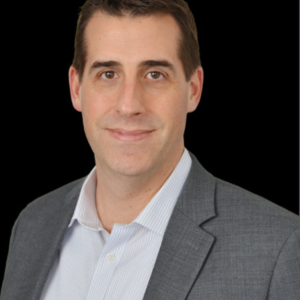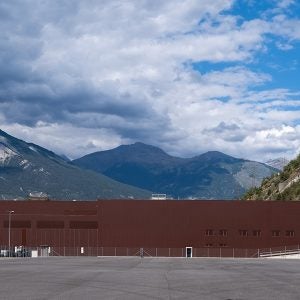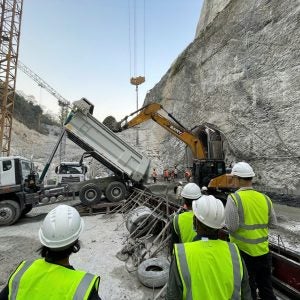
Dr. Rui Bo, an associate professor of electrical and computer engineering at Missouri University of Science and Technology (Missouri S&T), has received a $750,000 grant from the US Department of Energy (DOE) to develop artificial intelligence tools aimed at improving hydropower efficiency.
“Hydropower is a flexible energy source that allows plant operators to make adjustments based on real-time factors, such as water availability and power demand,” Bo said. “This project will help operators better take advantage of that flexibility and manage uncertainties, which should ultimately reduce system total production costs, make energy more affordable for consumers and increase the amount of clean, renewable energy on the power grid.”
The two-year project will focus on creating AI-driven forecasting models to assist hydropower plant operators in managing water and energy resources under varying conditions, including extreme weather events. Bo’s research will examine all types of hydropower systems: run-of-river systems, pumped storage systems, and conventional dam-based systems.
The research involves collaboration with the National Renewable Energy Laboratory in Colorado and industry partners from Southwestern Power Administration and Western Area Power Administration.
“The AI forecasting models we are developing could be invaluable for plant operators when predicting and planning for extreme weather events, such as floods or droughts,” Bo explained. “By integrating these predictions with real-time water and energy management, operators can make more informed decisions and see improvements in their overall efficiency.”
Bo’s past research has earned recognition in the field of hydropower. In 2023, he led a team that won second place in the DOE-sponsored Hydropower Operations Optimization Prize. In 2020, he was awarded $1 million by the DOE to evaluate pumped storage hydropower’s role in wholesale electricity markets.
Bo views the success of the project in terms of its adoption by industry. “This is research with clear practical applications that could have a positive impact on society,” he said. “Seeing that it theoretically works is one thing, but we want to see it deliver real benefits in the real world.”






